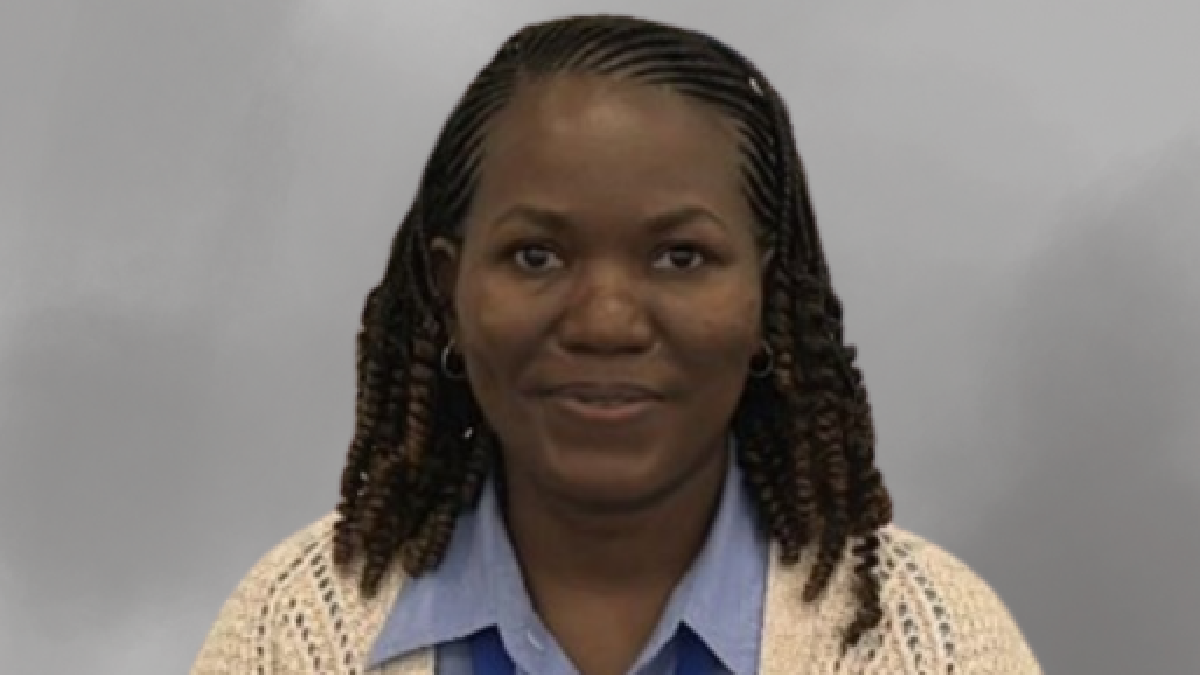Business
Vestergaard welcomes Dr Jackline Martin through Liverpool School of Tropical Medicine (LSTM) Innovation to Impact (I2I) Vector Control Professional Placement Programme

Events
As global power structures shift, Invest Africa convenes The Africa Debate 2026 to redefine partnership in a changing world
Business
Zion Adeoye terminated as Chief Executive Officer (CEO) of CLG due to serious personal and professional conduct violations
Business
The International Islamic Trade Finance Corporation (ITFC) Strengthens Partnership with the Republic of Djibouti through US$35 Million Financing Facility
-
Energy4 days ago
Trinidad & Tobago Prime Minister (PM) to Address Caribbean Energy Week (CEW) 2026 Amid Multi‑Billion‑Dollar Energy Investment Surge
-
Business4 days ago
CGTN: Vision 2030: China’s tech blueprint reshaping global innovation
-
Business4 days ago
Equatorial Guinea, Chevron Sign Aseng Agreement, Strengthening GEPetrol Participation
-
Energy3 days ago
African Energy Chamber (AEC) Endorses Kigali’s Africa CEO Forum as the Continent’s Strategic Hub
-
Business4 days ago
South Africa Joins Afreximbank, Announces US$8bn Country Programme
-
Business4 days ago
Benedict Peters and Aiteo Group: Defining an African Energy Champion
-
Energy4 days ago
From Stalled Talks to Breakthroughs: Yoyo-Yolanda Signals New Chapter for the Gulf of Guinea
-
Energy3 days ago
Investors Look to Paris to Gauge Africa’s 2026 Energy Pipeline